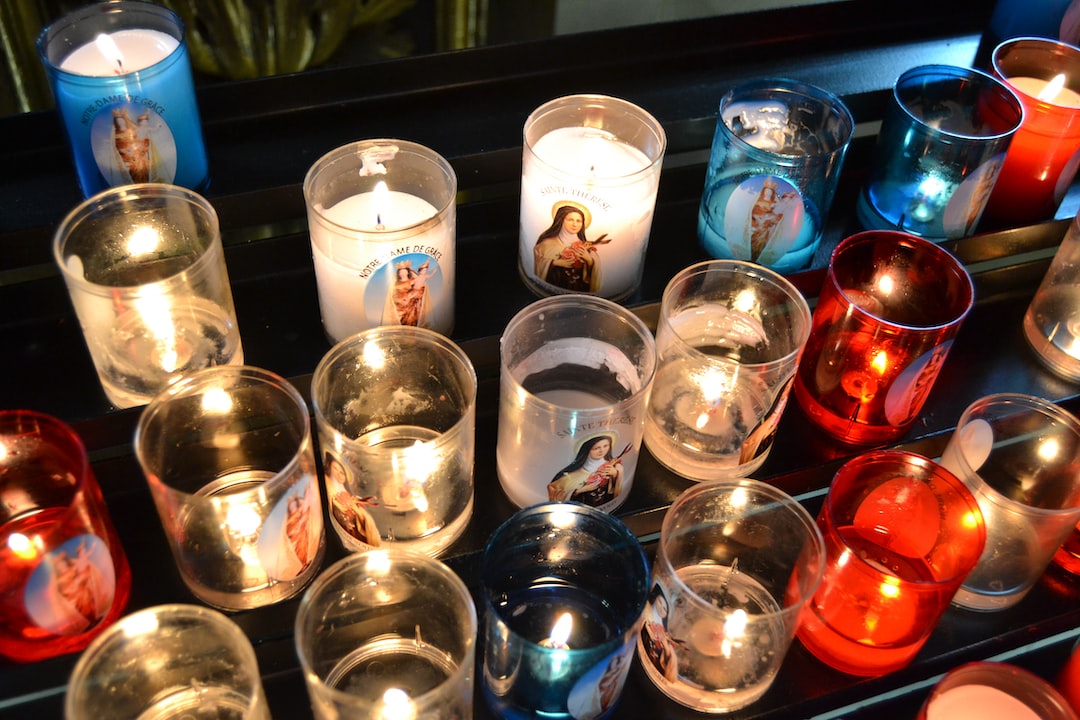The concept of religious freedom is a fundamental human right that should be protected and cherished across the globe. The ability to practice one’s faith without fear of discrimination or persecution is crucial for fostering harmony and understanding among diverse communities. However, religious freedom is not absolute and can be subject to limitations, which vary from country to country. In this blog post, we will explore the concept of religious freedom and its limitations in different nations.
Religious freedom encompasses the right to practice, express, and adhere to any religion or belief system of one’s choosing. It ensures that individuals are free to worship, hold religious ceremonies, and engage in religious teachings without interference from governmental or societal entities. However, limitations on religious freedom can arise due to a variety of factors, including historical, political, and cultural contexts.
One country that places stringent limitations on religious freedom is China. Despite being home to a diverse array of religious traditions, including Buddhism, Taoism, Islam, and Christianity, the Chinese government heavily regulates religious practices. The Chinese Communist Party perceives religious groups as potential threats to its authority and seeks to control and monitor their activities. Churches, mosques, and temples are required to register with the government and adhere to strict regulations that restrict their independence and autonomy. Moreover, the Chinese government has been accused of demolishing religious sites, detaining religious leaders, and suppressing religious practices that it deems to be “unpatriotic.” The limitations on religious freedom in China illustrate the conflict between state control and individual liberties.
In contrast, some countries have adopted a more liberal approach to religious freedom, allowing individuals to practice their faith with minimal intervention. The United States is an example of a nation that has enshrined religious freedom as a core principle. The First Amendment of the U.S. Constitution guarantees the freedom of religion, preventing the government from establishing an official religion or prohibiting the free exercise thereof. This legal protection has allowed a multitude of religious traditions to thrive in the United States, contributing to its cultural diversity. While there have been instances of religious discrimination and clashes between religious beliefs and government policies, the United States generally maintains a high regard for religious freedom, ensuring that individuals have the right to worship and express their faith.
However, even in countries that uphold religious freedom, limitations can exist in certain circumstances. This is particularly evident when religious practices come into conflict with other rights and laws. For instance, if a religious practice infringes upon human rights, such as the practice of child marriage or female genital mutilation, governments may rightly restrict or prohibit such practices in the interest of protecting individual rights and preventing harm. Balancing religious freedom with the need to ensure public safety and the protection of human rights can be a complex task, requiring careful consideration and dialogue between religious communities and governmental bodies.
Furthermore, limitations on religious freedom can arise from societal attitudes and prejudices. In some countries, religious minorities may face discrimination, harassment, and violence due to their beliefs. These limitations are not necessarily enforced by the government, but rather, they stem from social and cultural norms. For instance, some countries with a dominant religion may marginalize or stigmatize minority religions, making it difficult for followers of those religions to freely express their faith. Overcoming these societal limitations requires education, dialogue, and a commitment to fostering tolerance and acceptance of diverse religious practices.
It is important to recognize and address these limitations on religious freedom to ensure a more inclusive and harmonious society. Governments should strive to create an environment that respects and protects religious freedom while also upholding other fundamental rights and promoting social cohesion. International organizations and civil society groups play a crucial role in advocating for religious freedom, monitoring violations, and promoting dialogue between different religious communities.
In conclusion, the concept of religious freedom is a critical aspect of human rights and plays a pivotal role in promoting social harmony and understanding. However, limitations on religious freedom exist in different countries, often influenced by historical, political, and cultural contexts. These limitations can stem from government regulations, conflicts with other rights and laws, or societal prejudices. It is essential to address and overcome these limitations to create a more inclusive and tolerant society that respects and protects the rights of individuals to freely practice their chosen religion or belief system.

